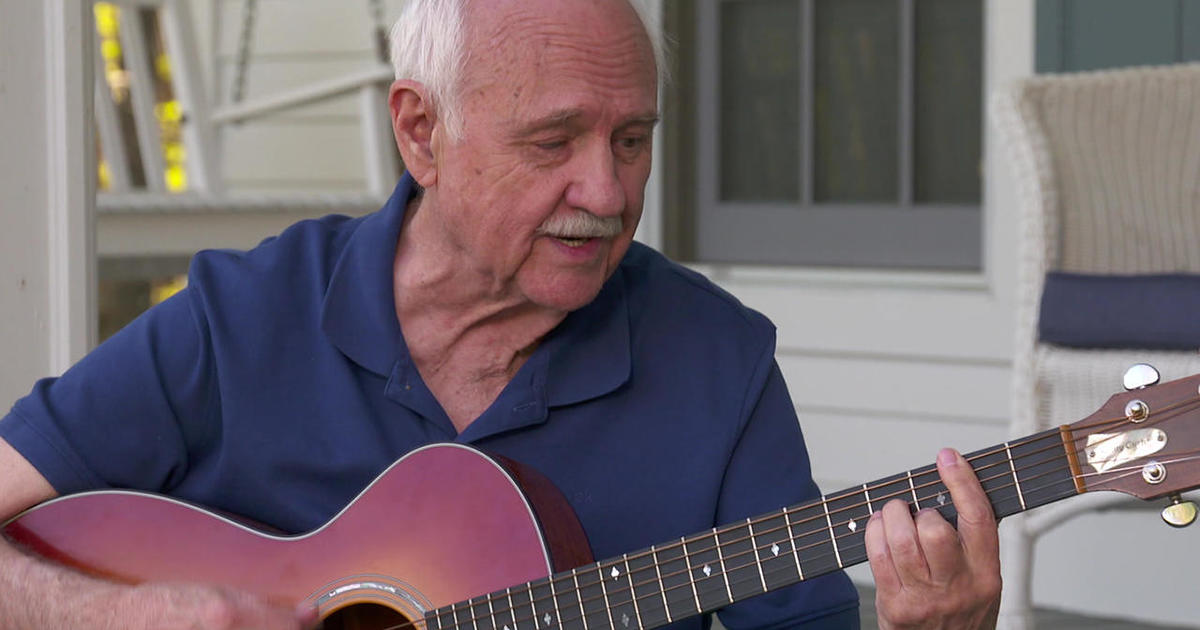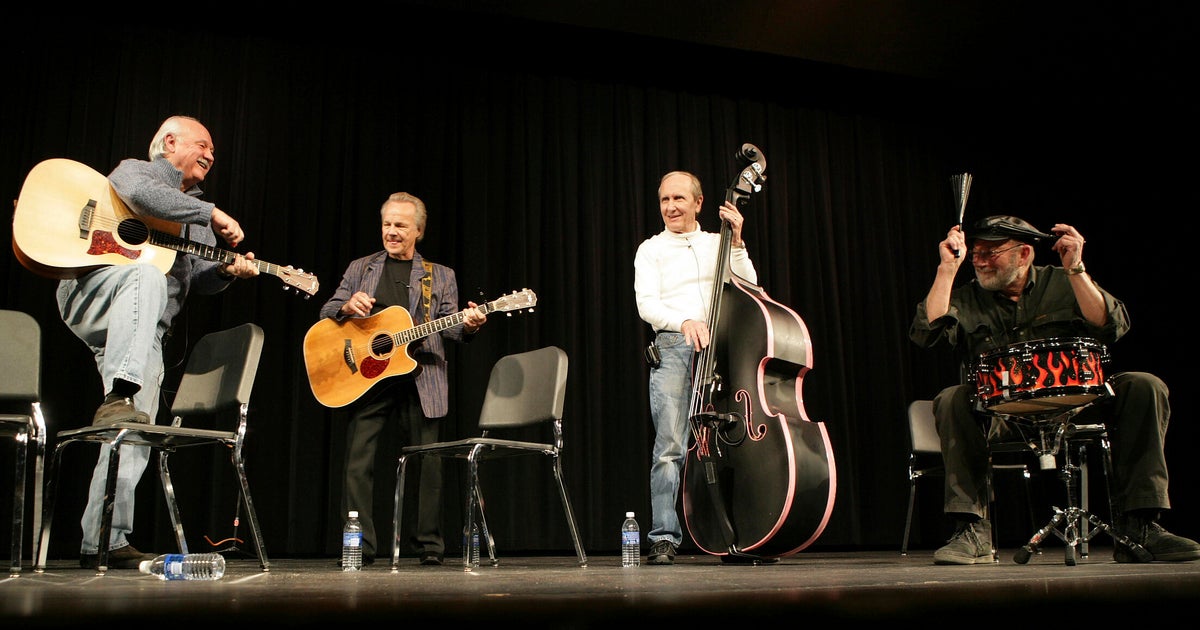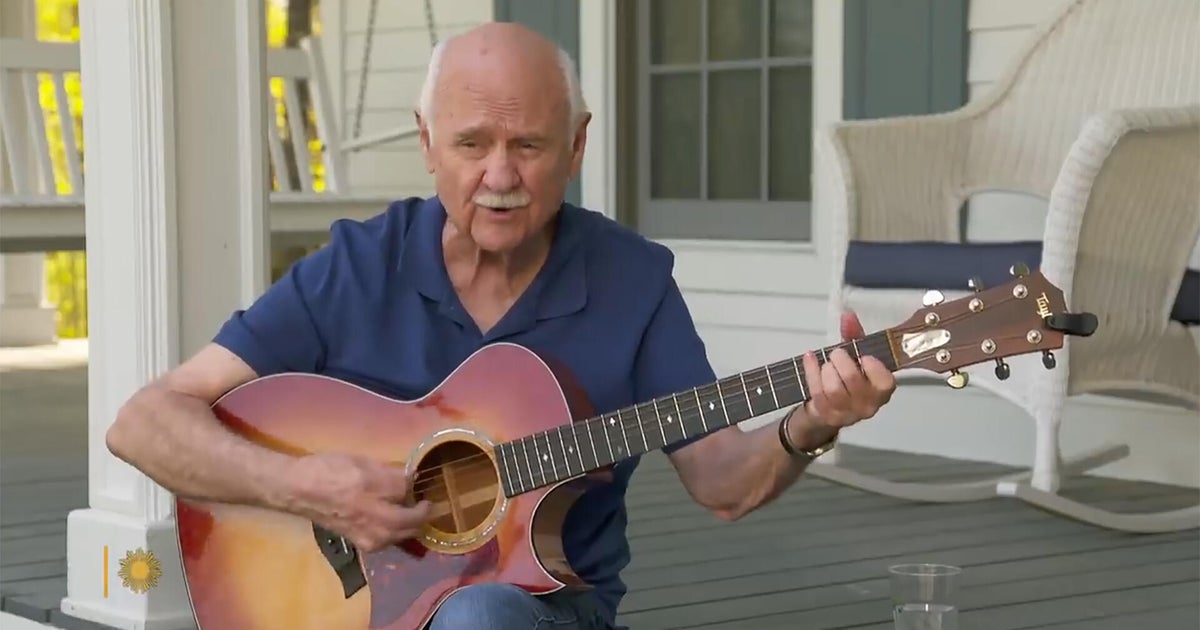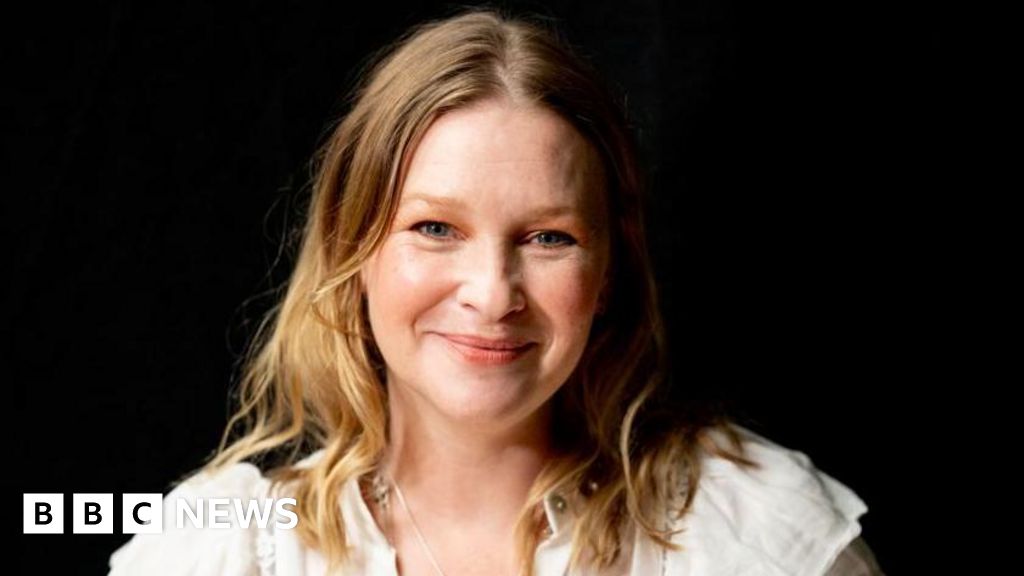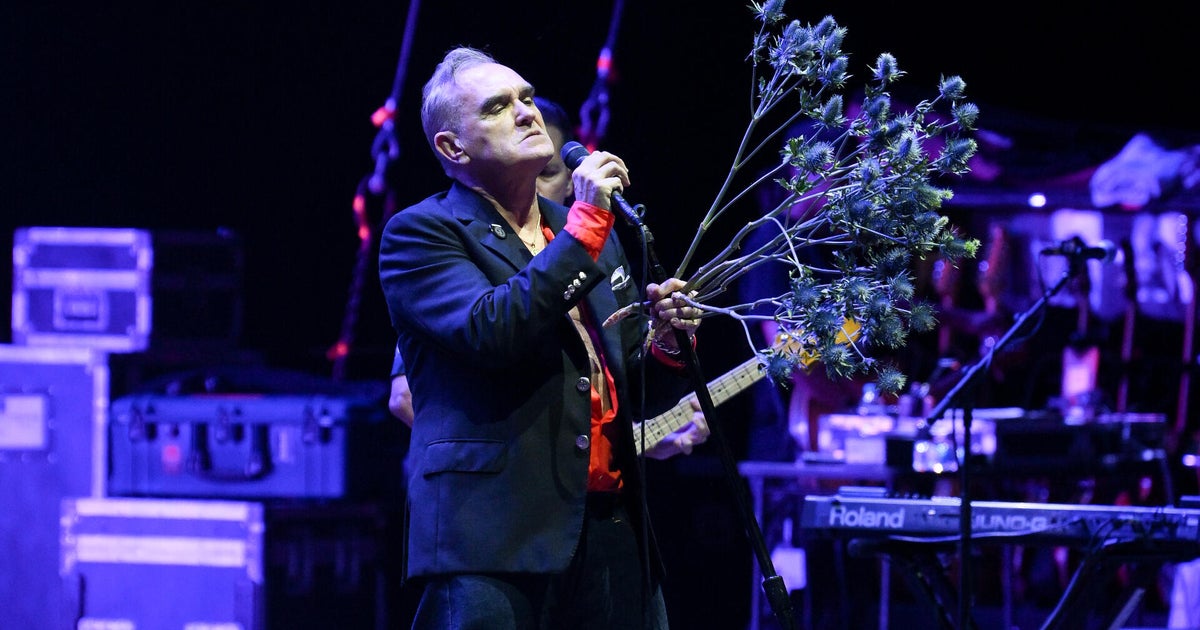Opinion
August 29, 2025 — 11.30am
August 29, 2025 — 11.30am
Rock drummers, jazz singers. Children with fiddles. Physicists with cellos. Law students from Hong Kong at the piano. Clarinettists from Queanbeyan. Punks from Rockhampton.
From within the Australian National University’s School of Music and beyond, all demand to know: why slash and burn this great national educational and cultural institution? How can you justify discounting the worth of the students, without whom you wouldn’t exist?

Students at the ANU who have launched a campaign against proposed cuts to the School of Music.Credit: Alex Ellinghausen
Under the changes, the ANU’s School of Music would be relegated to “program” status and absorbed into a new School of Creative and Cultural Practice, with a revised bachelor of music to replace the traditional one-to-one instrument model.
Explanations so far are no more than a smokescreen: the rhetoric of “future-proofing” and “integration” hide the truth of what’s being done here. The decision-makers seem deaf to the students’ voices which are resonating in halls, classrooms, rehearsal rooms, and stages across the nation and the globe.
What they say is clear. This is not renewal. It is vandalism. And we are right to reject it. The students will not be silent while their culture is dismantled and futures erased. They are the ones who will carry the cost. The futurists have arrived, and the students’ futures are bleak.
There is a stench emanating from the ANU that drifts across our country. Those who perversely revel in the downfall of “heritage” art and endeavour may shrug it off, but whether your stage is a symphony hall or a pub, to most sensible and clear-eyed people it stands as a damning indictment of how our national university is failing the young.
To shut down the teaching of music is to cut a vital thread from our cultural fabric, to declare that the shared act of creating and learning music no longer matters.

“There is a stench emanating from the ANU that drifts across our country.” Richard Tognetti.Credit: Edwina Pickles
What begins in the short term may look economically “efficient”. But the descent has already begun. The gift of the National Institutes Grant to the School of Music has been frittered away. The obligation to act as cultural custodians has been forsaken.
So what happens? First, staff attrition and morale collapse. Students notice that their senior mentors, with the networks to open doors, leave. Curriculum compression begins. Advanced performance, orchestration, chamber music and composition masterclasses are folded into insipid “creative practice” units.
The brand dissolves. The proposed “School of Creative and Cultural Practice” means absolutely nothing in the national and international music landscape. A hard-won identity vanishes overnight. Recruitment falls. Nobody with aspirations of becoming a performer or composer considers enrolling.
Loading
Then what? The pipeline breaks. With fewer elite graduates, the ANU stops feeding national orchestras, ensembles, bands, and commissions. Industry partners pull out. Organisations at home and abroad – from the Canberra Symphony Orchestra to national and international ensembles – can no longer rely on the calibre they once could. Reputation slides. Rankings, peer recognition, alumni prestige all erode until the “ANU Music” name carries no weight.
With its prestigious reputation gone, funding dries up – national institute funding, taken for granted, is taken away, relegating ANU to the status of merely a regional university, a national icon no more. Philanthropic support disappears with donors no longer trusting their intent to be delivered, take their money to other institutions.
Finally, institutional memory is destroyed. The culture, teaching and repertoire of the old school vanish with the last of its staff. Music at the ANU survives only as a minor note in a creative arts degree, taught by generalists instead of artist-teachers. There is no way back. Even if it were possible, rebuilding a school of music “conservatoire” would demand tens of millions of dollars, years of work, and a will the ANU no longer has. The music ecosystem of our nation’s capital withers.
Loading
This is not evolution, it is de-speciation with only a token music offering. What’s left would be like a denuded species kept in an administrative zoo. In its place will be muzak, bucket bongs, and yoga dressed up as wellbeing courses. And for whom? Certainly not for musicians, and certainly not for students with curious minds. Senior management are packaging a structural “disestablishment” – in truth, nothing more than a corporate fig leaf – that hides job cuts, the erasure of identity, and the dilution of specialist training, all the while claiming that nothing is abolished.
This is the bureaucrats’ playbook at work. They call it “interdisciplinary innovation” while flattening culture into paste. They preach sustainability while gutting the most resource intensive and highest-quality programs. They insist “nothing is being lost” while destroying the very thing that gave this School its prestige, its culture, and its capability.
What is about to be lost here will not return. When the corridors fall silent and the students are gone, those behind this decision will be remembered as taxidermists who embalmed what they could neither understand, nor bear to nurture.
History will not remember their stupid press releases and their management-speak. The legacy of this decision will be the wreckage of a great national educational, cultural and performance institution that embraces all types of music.
Futures erased. Cultures destroyed. Students, parents, teachers, musicians, every child with a musical spark, the wider community is aghast. If the tuition stops, the music stops too.
Richard Tognetti is a leading Australian musician recognised internationally as a violin soloist, composer and arranger, conductor and artistic director.
The Opinion newsletter is a weekly wrap of views that will challenge, champion and inform. Sign up here.
Most Viewed in National
Loading



